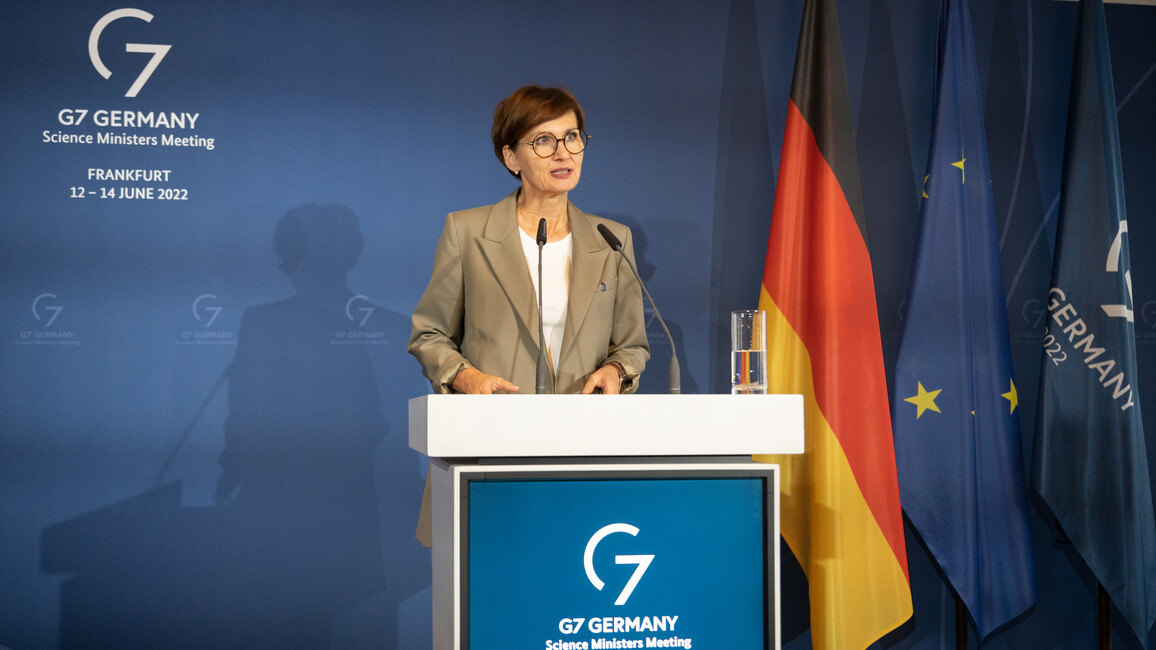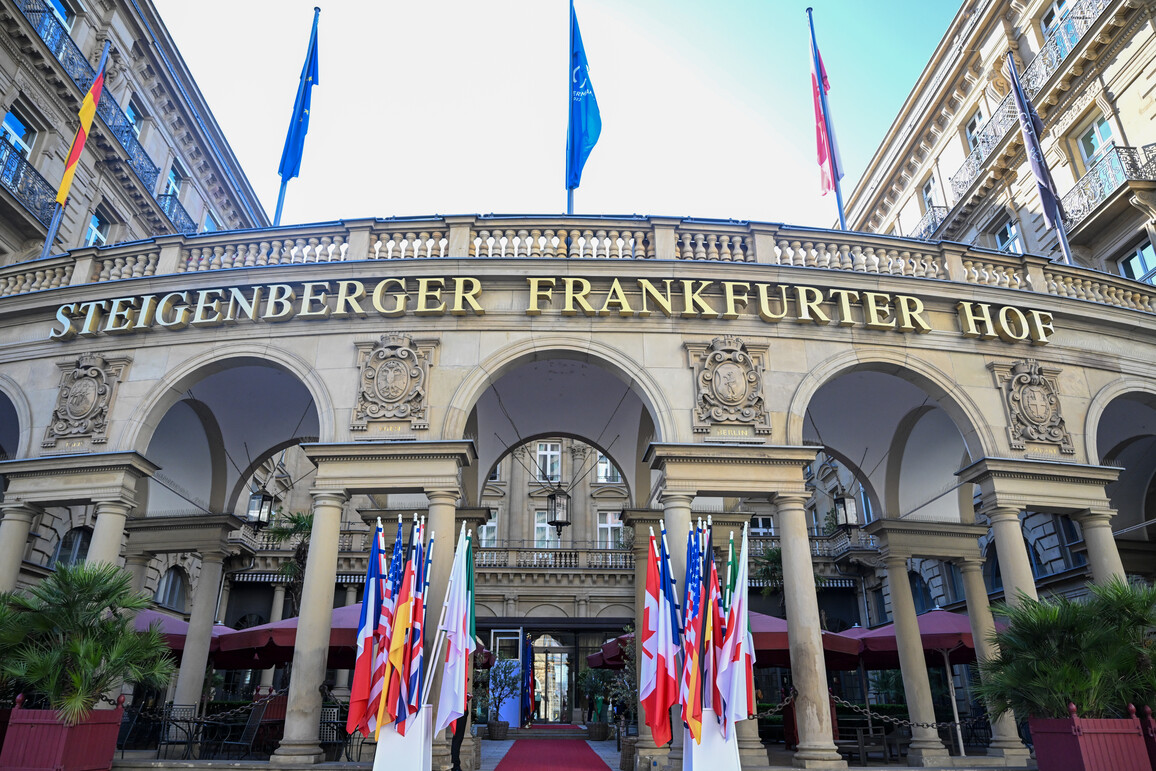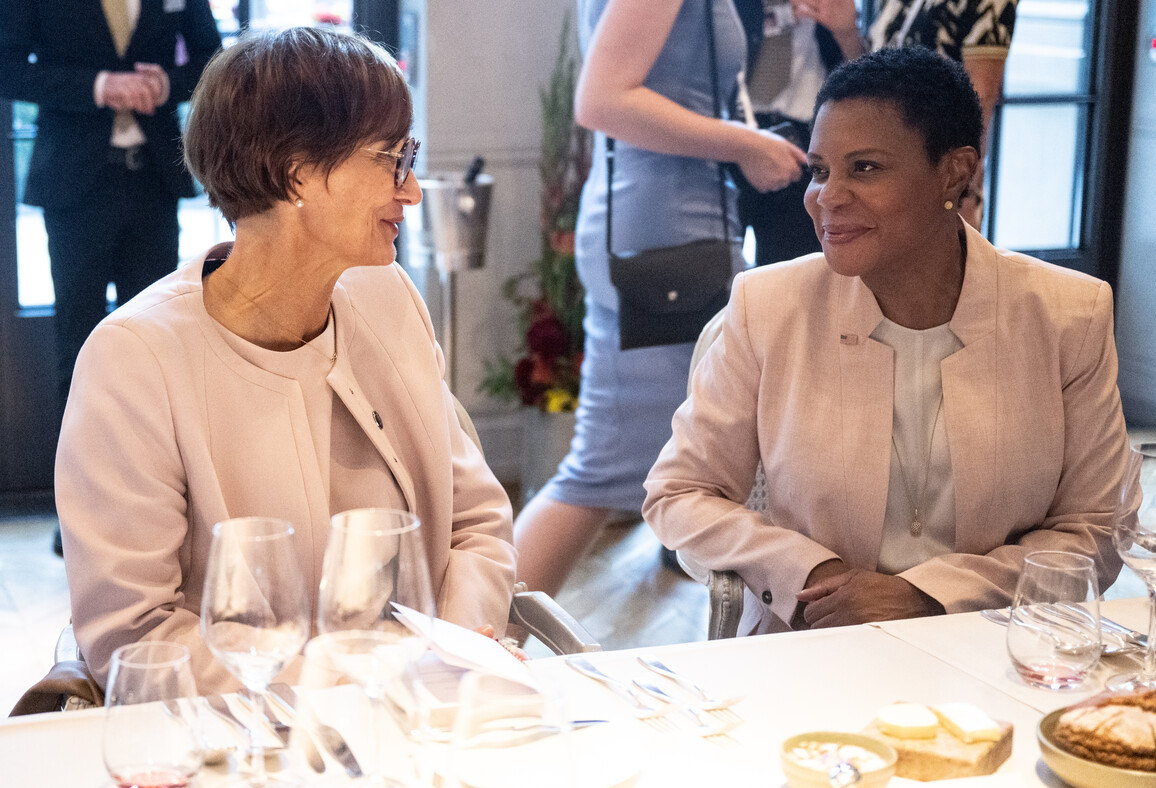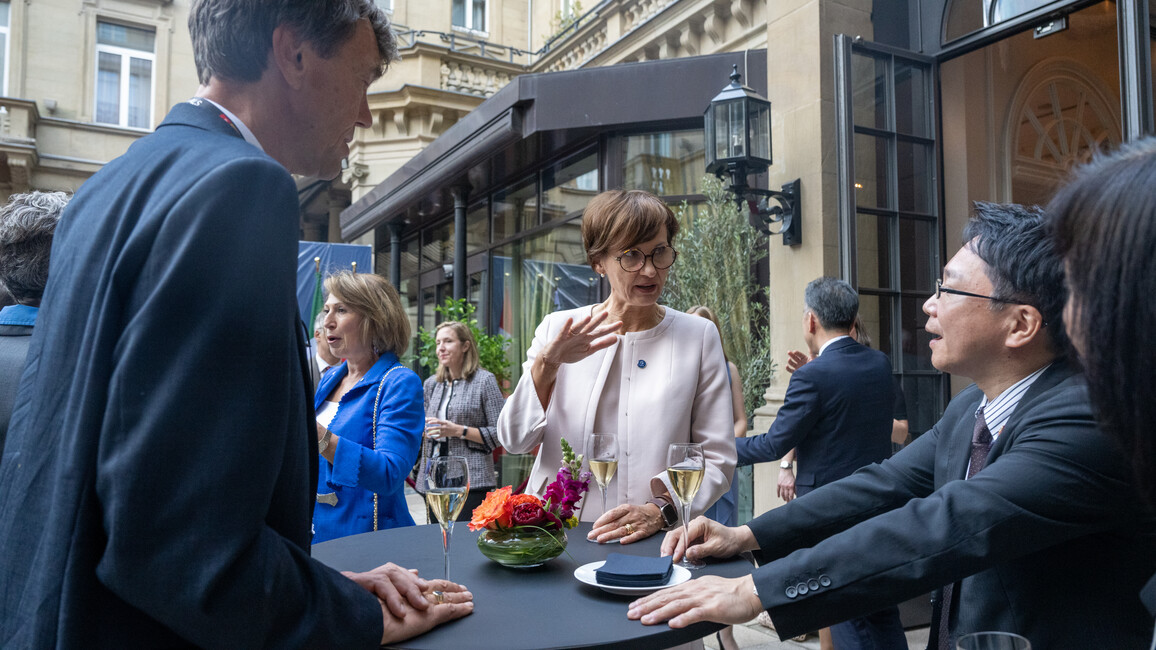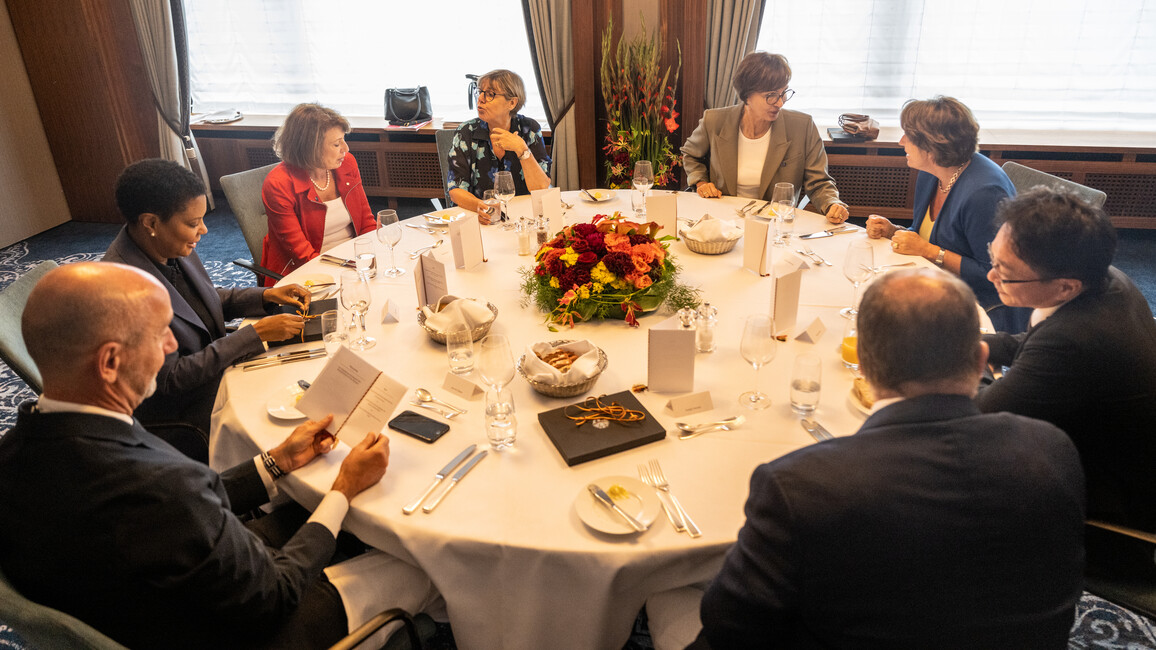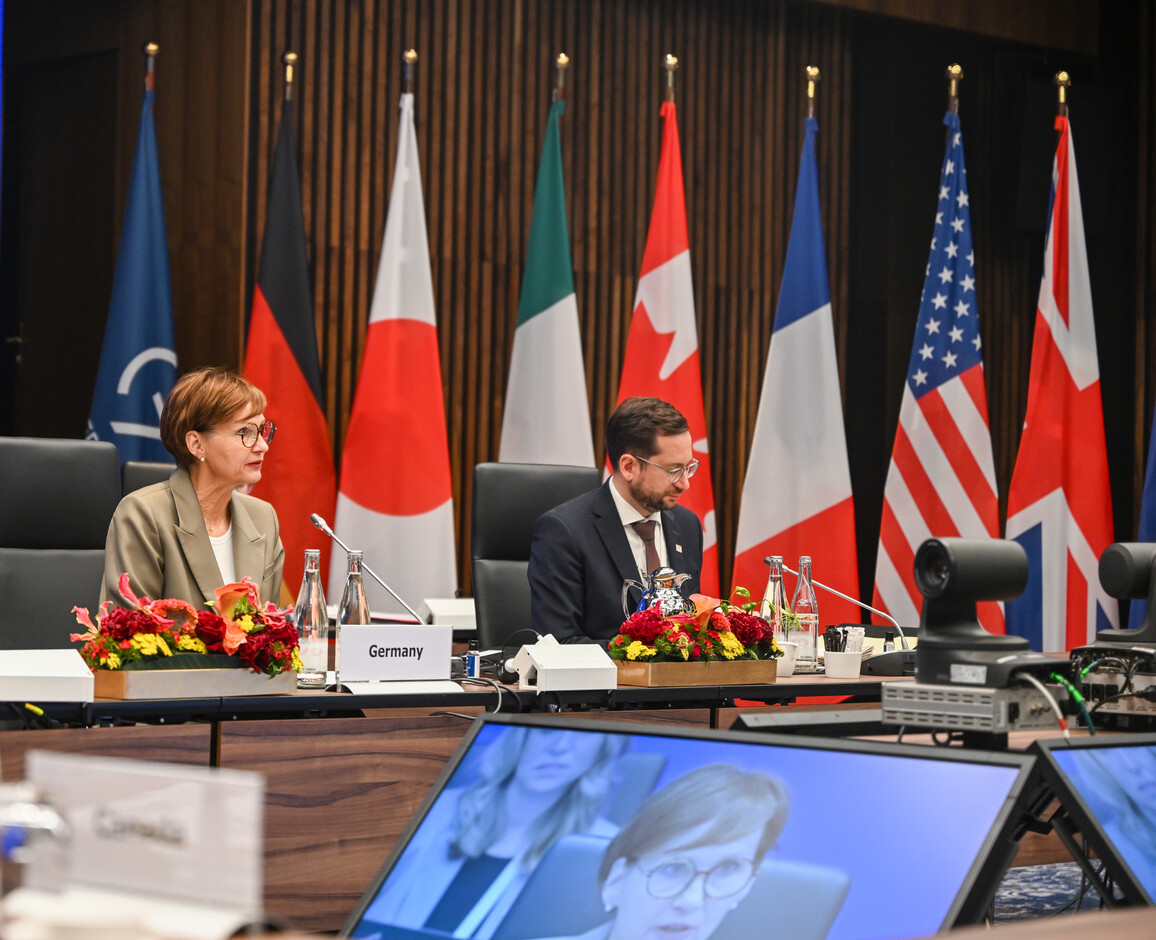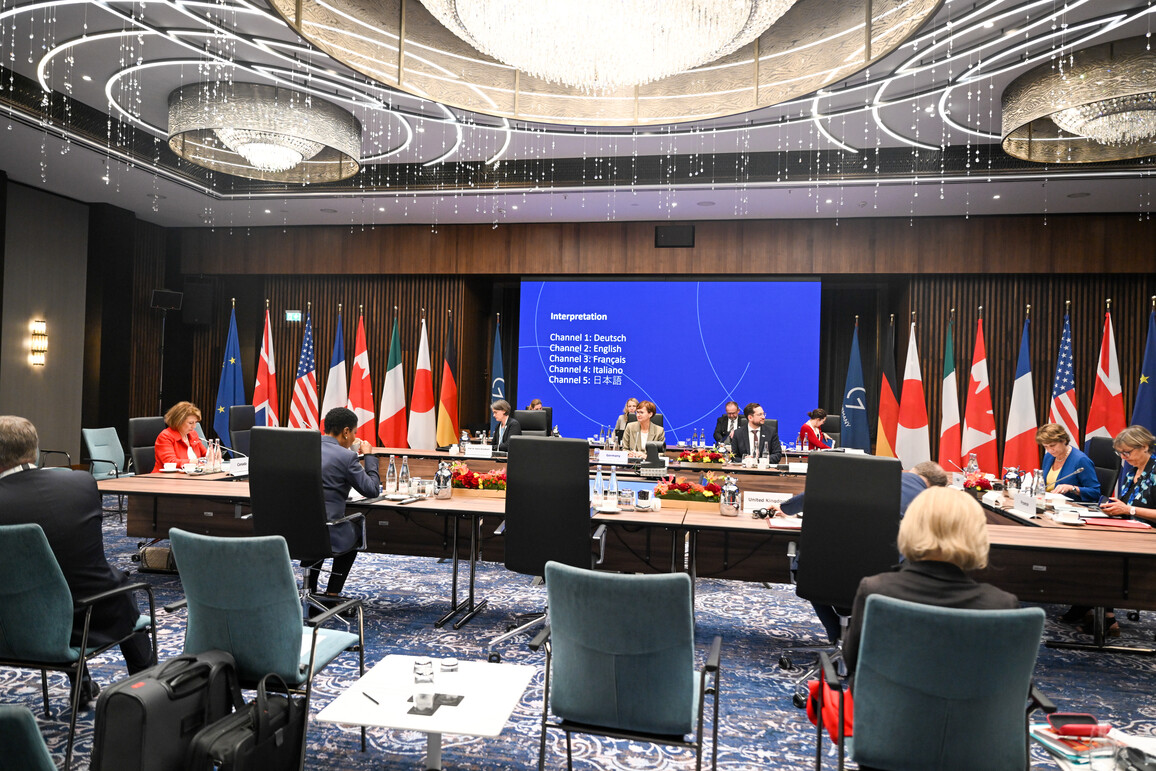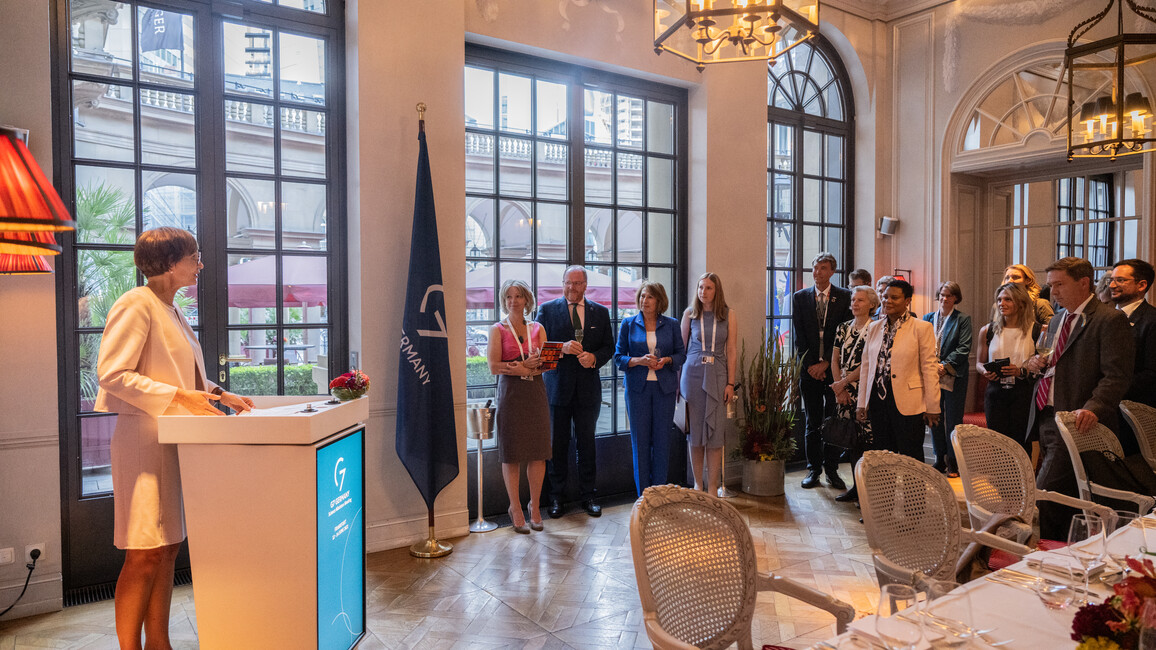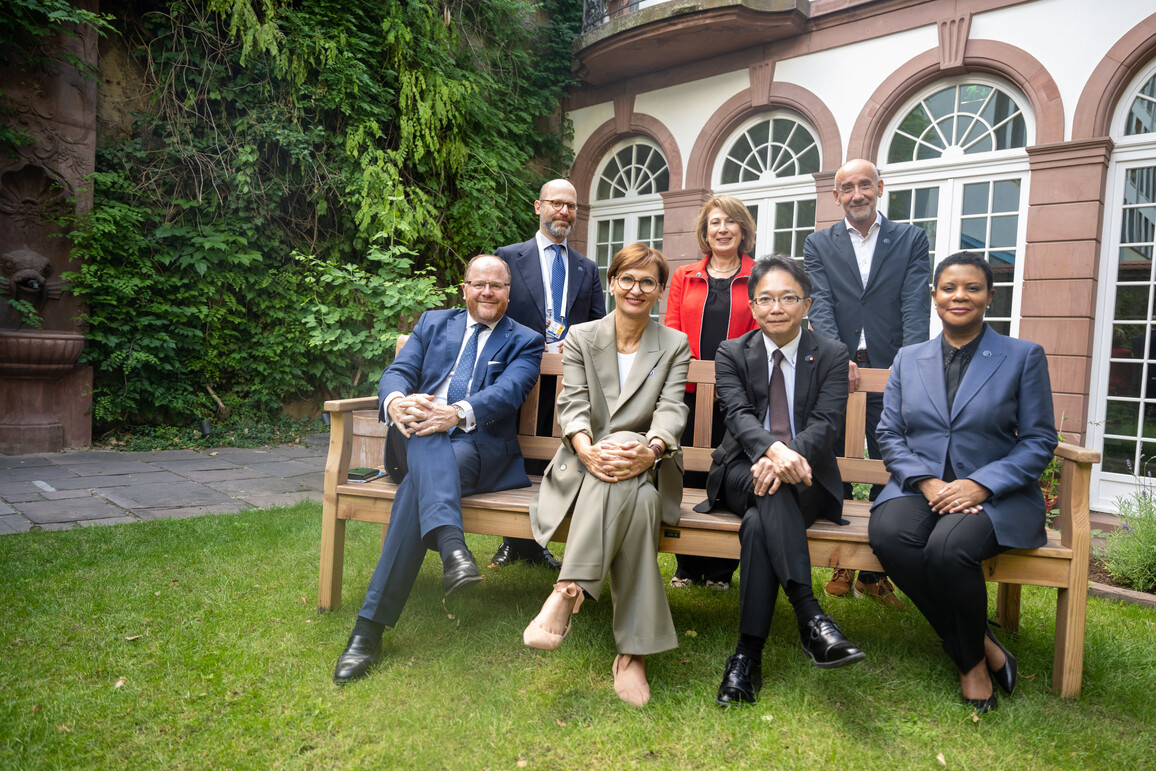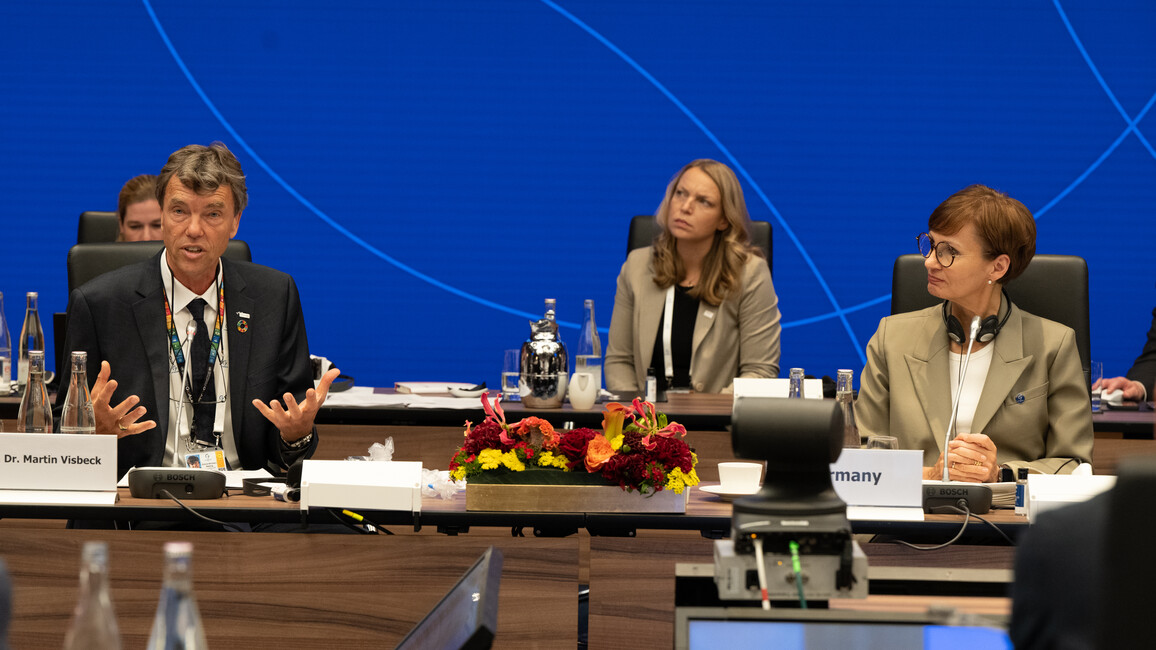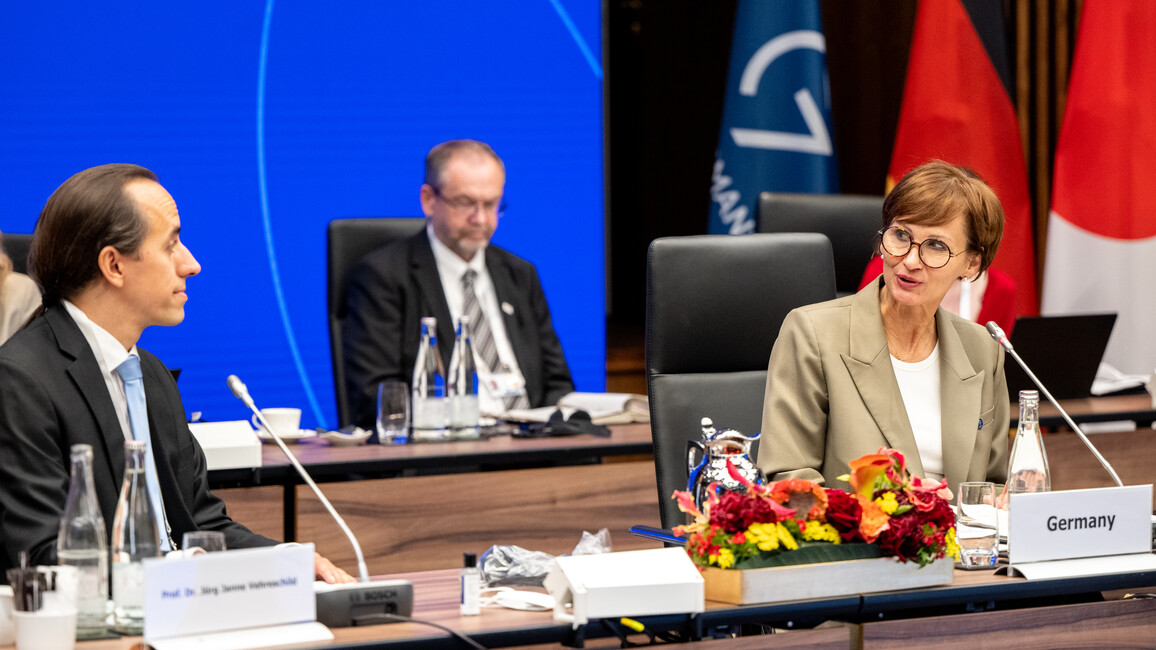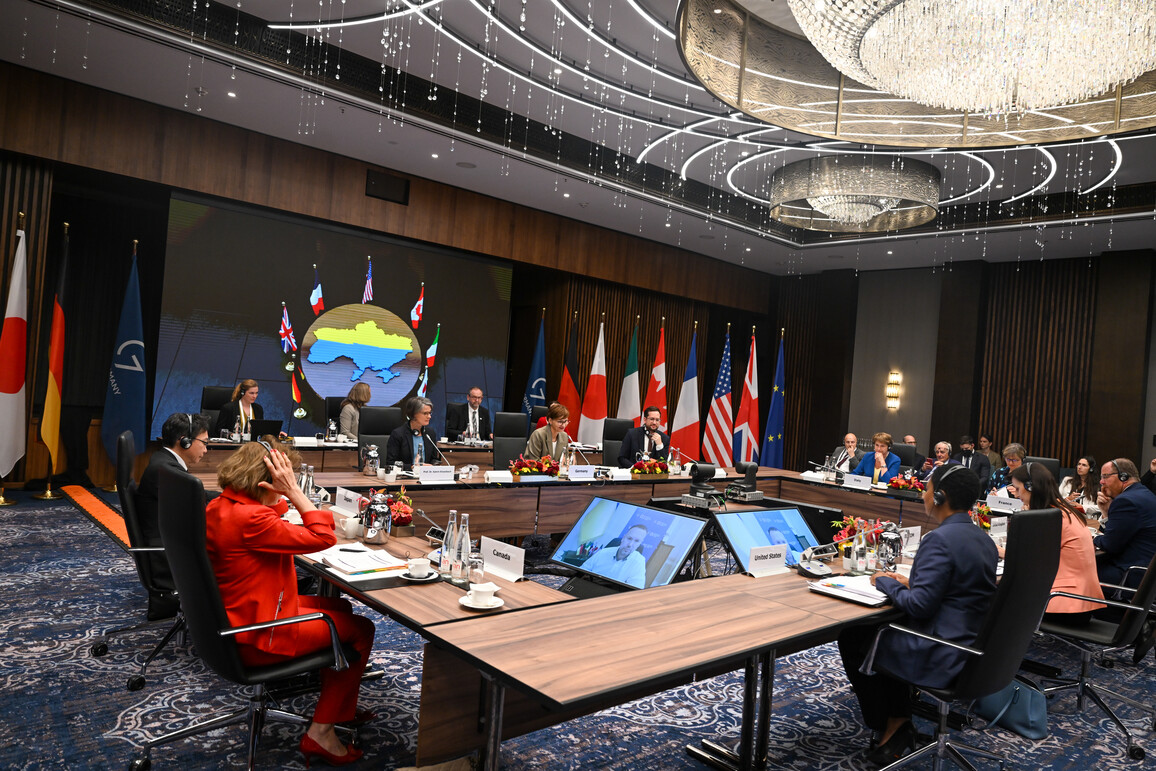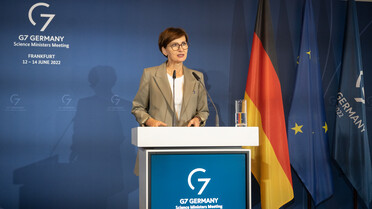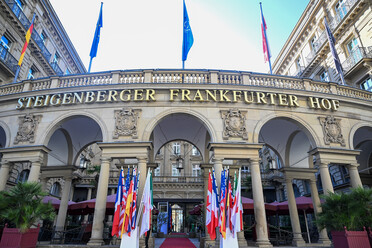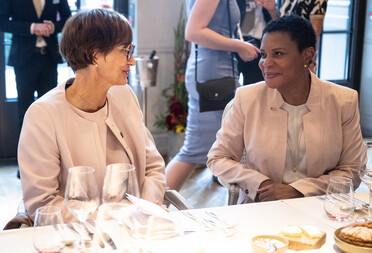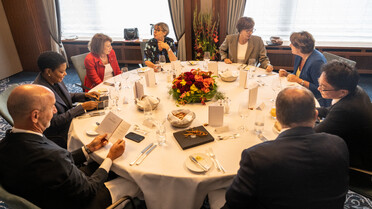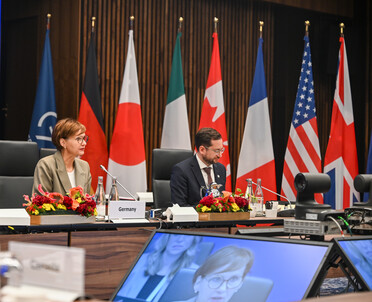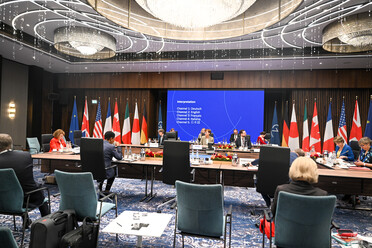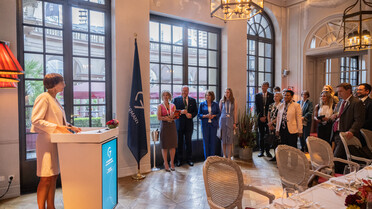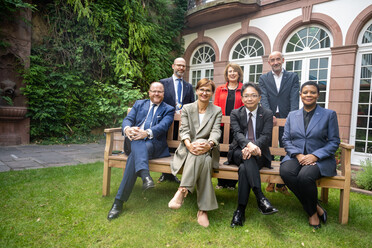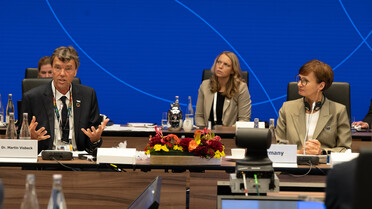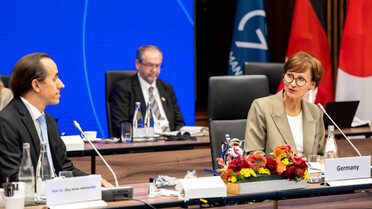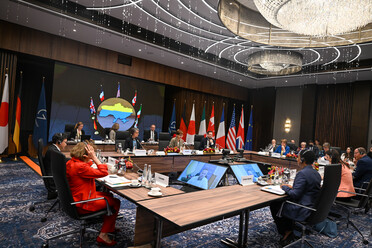G7 united in science and research : Date: , Theme: International Affairs
At the meeting of the Science Ministers of the world's seven leading economies, the German Federal Research Minister highlighted the importance of education and research in tackling today’s global challenges.
Seven nations, one goal: Close cooperation in science. The focus was on three topics: climate, health, and protecting the freedom of research. The G7 Science Ministers met in Frankfurt/Main on 12-14 June 2022 to discuss these issues.
The world is facing major challenges. “Science and research are vital for our future: There will be no progress and innovation without research.” This opening statement by host Bettina Stark-Watzinger underpinned the significance of the meeting.
In view of Russia’s invasion of Ukraine and the ongoing war that violates international law and is threatening researchers, an even stronger focus was placed on the security and integrity of science and the science community.
The G7 Science Ministers also discussed the challenges posed by the coronavirus pandemic, in particular the longer-term consequences of infection. “As the G7, we are committed to supporting and enhancing international research on the post-COVID-19 condition,” said Federal Research Minister Stark-Watzinger.
Climate change was another topic for the Science Ministers. The German Research Minister stated: “Our commitments still hold true. We want to achieve the 1.5 degree target set out in the Paris Agreement. This means we must work together to reduce greenhouse gas emissions. But we also need to actively remove carbon dioxide from the atmosphere.
Germany addressed the following priority areas of the G7 Science Track:
- Protecting freedom, integrity and security in science and research
Further measures to protect academic freedom were discussed. - Research on climate change
The aim is to advance joint research on climate change. The discussion focused on active removal of carbon dioxide from the atmosphere and on the climate-biodiversity nexus. - Research on post-COVID-19 condition
We still know very little about why some people suffer late symptoms after an infection with the coronavirus. There is an urgent need for science-based evidence.
The G7 are committed to combining their innovation capabilities for all these topics. The G7 Science Ministers also discussed common principles, collected best practice examples and developed further support measures. In conclusion, they adopted a joint Communiqué.
G7 solidarity with Ukraine
In response to Russia’s war of aggression against Ukraine, Federal Minister Stark-Watzinger invited Ukrainian Science Minister Serhiy Shkarlet to the G7 meeting. She acknowledged Ukraine’s impressive research efforts in this difficult situation. In her view, it was now important to stay in personal contact and enable Ukrainians to pursue their studies in Germany in short order or even continue their previous work, particularly in science and research.
G7 Presidency
Germany holds this year’s G7 Presidency. The Science Ministers Meeting formed part of the Presidency programme. The G7 states play a crucial role in science and research. They are among the Top 12 worldwide in terms of expenditure on research and development.[1]
The participants:
- Bettina Stark-Watzinger (DE)
- Mona Nemer (CA)
- Sylvie Retailleau (FR)
- Maria Cristina Messa (IT)
- Keitaro Ohno (JP)
- George Freeman (GB)
- Alondra Nelson (US)
G7 Science Ministers’ Communiqué 2022
The G7 Science Ministers adopted their Communiqué on 13 June. It highlights three areas for close G7 cooperation in research and innovation to solve global challenges:
In particular, the Ministers emphasized the importance of protecting academic freedom as a basis of research, progress and international cooperation. They believe that a clear joint commitment by the G7 states to upholding and actively applying this fundamental value is more important than ever before.
Halting climate change is one of the biggest challenges of our time. Targeted support for the priority topics of carbon dioxide removal and the ocean-climate-biodiversity nexus is expected to contribute to concrete solutions.
The Ministers furthermore agreed that joint efforts should be made to explore the post-COVID-19 condition and stated that this required a fair sharing and open analysis of relevant data to better understand the underlying mechanisms that contribute to the disease.

